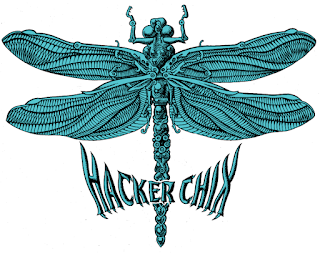C++ Memory Corruption (std::string) - part 4
Summary This is the next part of the C++ memory corruption series*. In this post, we'll look at corrupting the std:string object in Linux and see what exploitation primitives we can gain. * https://blog.infosectcbr.com.au/2020/08/c-memory-corruption-part-1.html * https://blog.infosectcbr.com.au/2022/01/c-memory-corruption-stdvector-part-2.html * https://blog.infosectcbr.com.au/2022/03/c-memory-corruption-stdlist-part-3.html Author: Dr Silvio Cesare Introduction C++ is a common language for memory corruption. However, there is much more literature on exploiting C programs and little on C++ programs. C++ presents new classes, objects, and data structures which can all be effectively used for building exploitation primitives. In this post, we'll look at corrupting the std::string class and see what specific primitives we can obtain. std::string We note that the object stored in memory for a basic string consists firstly of the backing pointer to the string contents. Se
